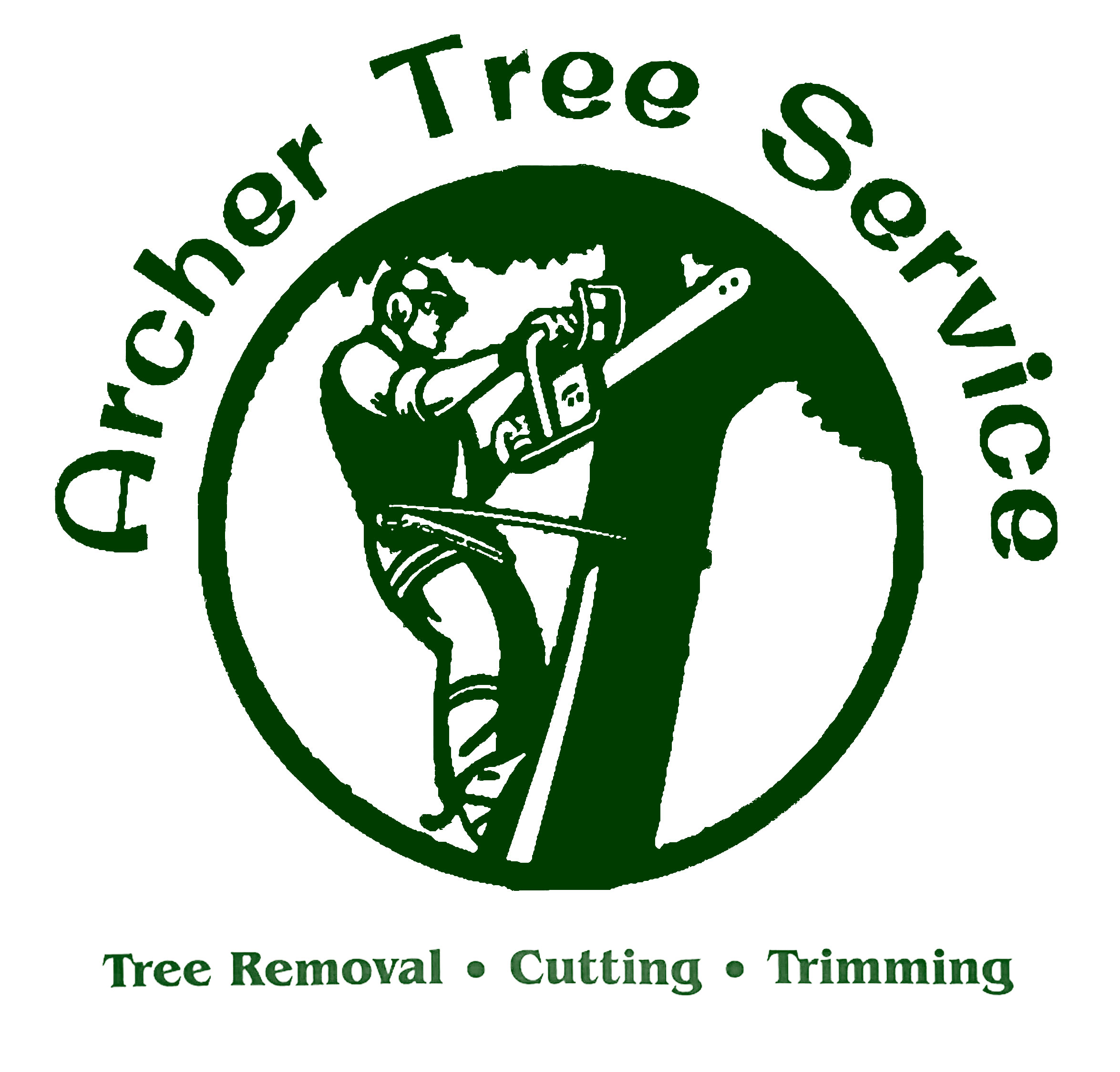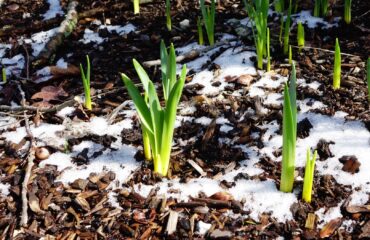
Here’s When You Should Be Mulching
Keeping your yard and garden healthy and visually appealing takes effort and planning. One key aspect of maintaining a thriving landscape is mulching. But do you need to mulch every year? The short answer is, it depends. By understanding mulching’s benefits, when it may not be necessary, and the optimal times to apply mulch, you can make an informed decision for your lawn or garden.
This post walks you through the essentials of mulching, discusses whether annual mulching is right for you, and provides tips to help you get the most out of your efforts.
The Benefits of Annual Mulching
Mulching involves adding a protective layer of material, such as bark, wood chips, straw, or compost, over the soil surface. While this task might feel tedious at times, annual mulching delivers several valuable benefits that make it well worth the effort.
- Moisture Retention: Mulch acts as a barrier, preventing moisture from evaporating out of the soil. This is particularly useful in warmer climates or during the summer months when water tends to evaporate quickly. Proper moisture levels lead to healthier and more robust plants.
- Weed Control: Who likes pulling weeds? Probably no one. Mulch acts as a natural weed suppressant by blocking sunlight, preventing weed seeds from germinating. With fewer weeds competing for nutrients, your plants will thrive.
- Soil Health Improvement: Organic mulch materials break down over time, enriching the soil with valuable nutrients. This not only helps your plants grow but also improves the soil’s structure and health over the years.
- Temperature Regulation: Mulch helps stabilize soil temperatures, keeping it cooler in the summer and protecting roots from freezing in winter. If you live in an area with fluctuating seasons, this is a huge advantage for maintaining plant health.
- Aesthetic Appeal: Beyond practical benefits, mulch provides an instant facelift to your yard. It creates clean, polished lines around flower beds, trees, and pathways to elevate your garden’s appearance.
When Annual Mulching May Not Be Necessary
Although mulching offers undeniable benefits, some situations don’t require you to reapply mulch every year. Here’s when you might want to skip it.
- Your Mulch Layer is Still Intact: If your existing mulch layer is still thick and functional, there’s no need to pile on more. Mulch depth typically only needs to be around 2-3 inches. An overly thick layer can do more harm than good by suffocating plant roots or retaining too much moisture.
- Soil is Naturally Healthy: Some regions fortunate enough to have nutrient-rich soil and stable climates may not need annual mulching. If your garden thrives without mulch, applying additional layers may not provide much extra value.
- You Use Non-Organic Mulch: Materials like rubber or stones don’t degrade over time. If these are already in place, you may only need to refresh their appearance occasionally, rather than reapply mulch every year.
- You Practice Minimalist Gardening: For xeriscaped yards or gardens filled with drought-resistant plants, mulching may not be as critical. These types of landscapes are usually designed to require less maintenance.
The Best Times of Year to Mulch
Timing is everything when it comes to maximizing the benefits of mulching. While there’s no universal rule, here are the best times of year to apply mulch based on seasonal impact.
Early Spring
Mulch at the start of spring to protect your soil and prepare it for the growing season. Spring mulching helps regulate soil temperatures and traps moisture as plants gear up for a burst of growth. Weed control is also easier when applied early in the season.
Late Fall
Fall mulching is ideal for safeguarding your plants before winter. It acts as insulation, protecting roots from fluctuating temperatures and freezing conditions. It also helps retain soil moisture during drier winter months.
Biggest takeaway? Avoid mulching in mid-winter when the soil is frozen solid, as this can trap excessive cold during prolonged storms.
Make the Most of Your Mulching Plan
Mulching adds significant value to any garden or landscape, but not every yard requires yearly maintenance. By evaluating your soil health, mulch condition, and local growing conditions, you can determine when mulching is necessary and ensure your plants thrive.
Whether you’re a dedicated homeowner or a professional landscaper, these tips are designed to help you maintain a healthy and visually stunning outdoor space. Assess your needs today, and make mulching work smarter, not harder, for your yard.
If you’re in Augusta, Milledgeville, Sandersville, or Macon and need help with mulching, or have questions about mulching, we have you covered! Archer Tree Services provides high-quality mulching services that will be sure to make your yard pop. Contact or call us today!



